Our Premier League news section provides insight into everything happening within the league including current issues, transfer speculation and betting insight to help you make predictions on individual games.
Bet Slip
Premier League
Latest Premier League news
Latest Premier League News

Premier League Relegation Odds
Here we take a look at the Premier League's relegation odds ahead of the 2025/26 season with the three promoted sides hoping to perform better than their equivalents last season, a...
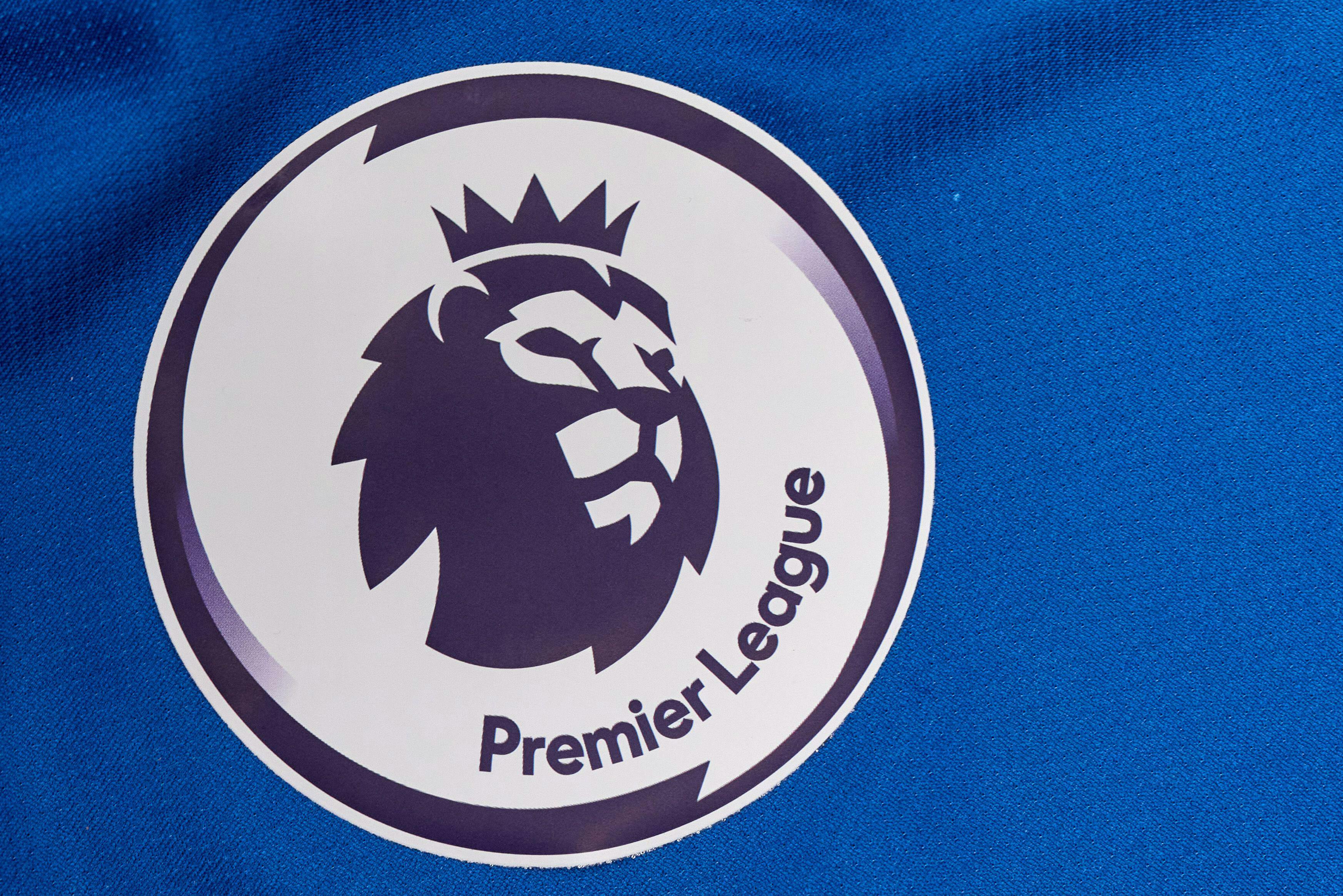
Lowest-Ever Premier League Points Tallies
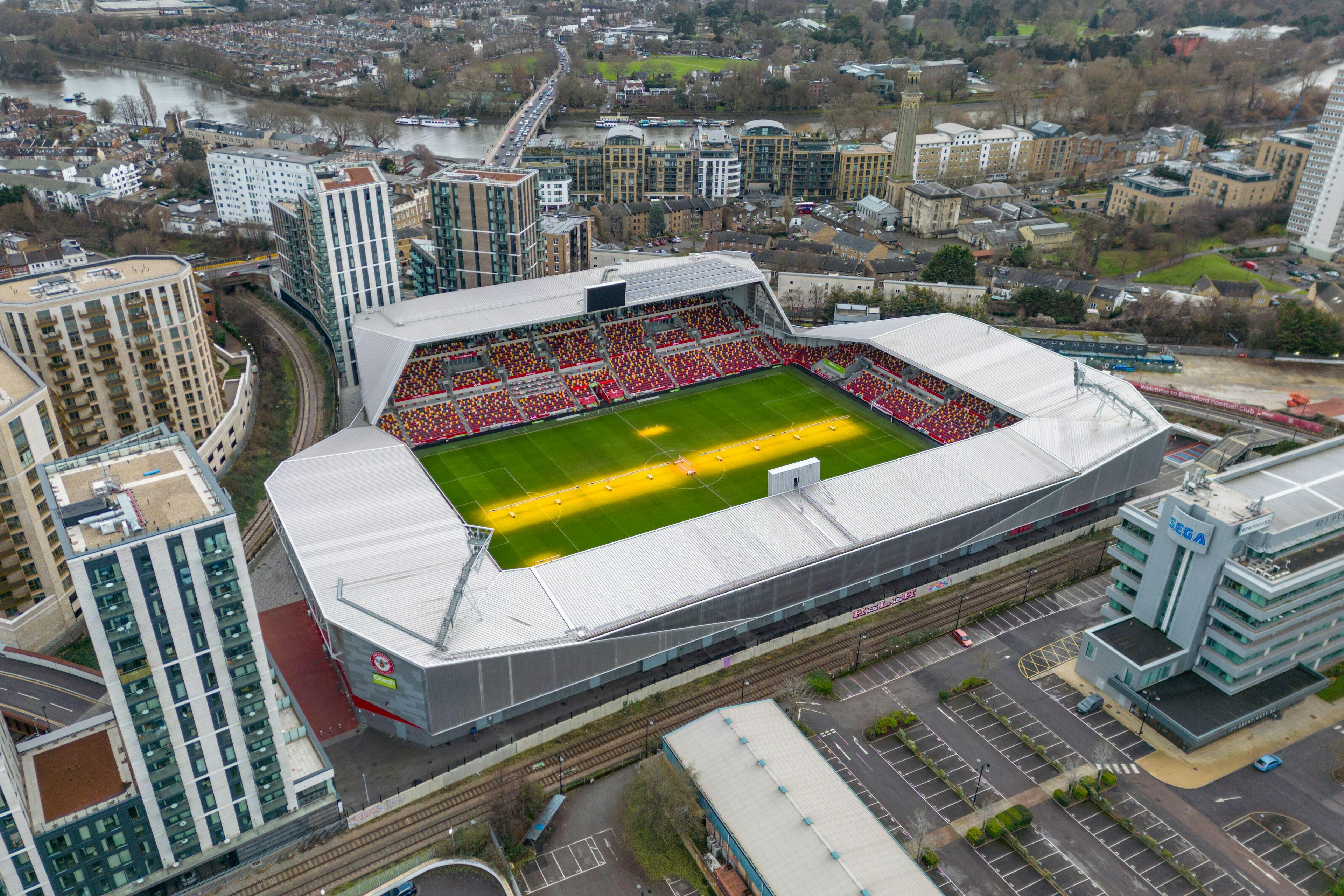
Next Brentford Manager Odds

Premier League Predictions & Tips: 88/1 Acca for 25/05/2025
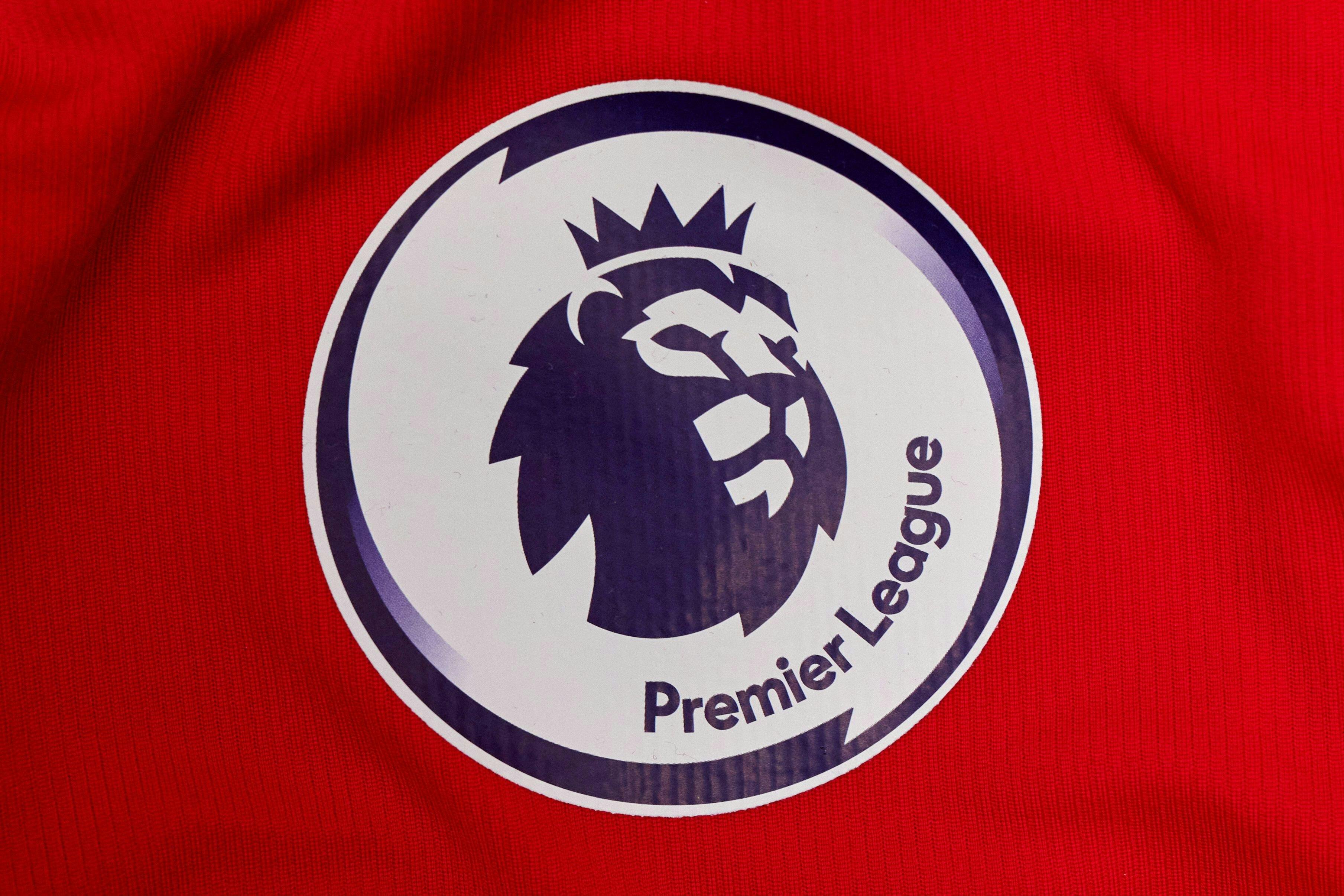
50/1 Premier League Super Sub Bet Builder Tip - 25/05/2025

Mega Accumulator Tip: @FootyAccums Premium Boost - 25/05/2025

Arsenal vs Newcastle: 80/1 Mega Bet Builder Tip 18/05/2025
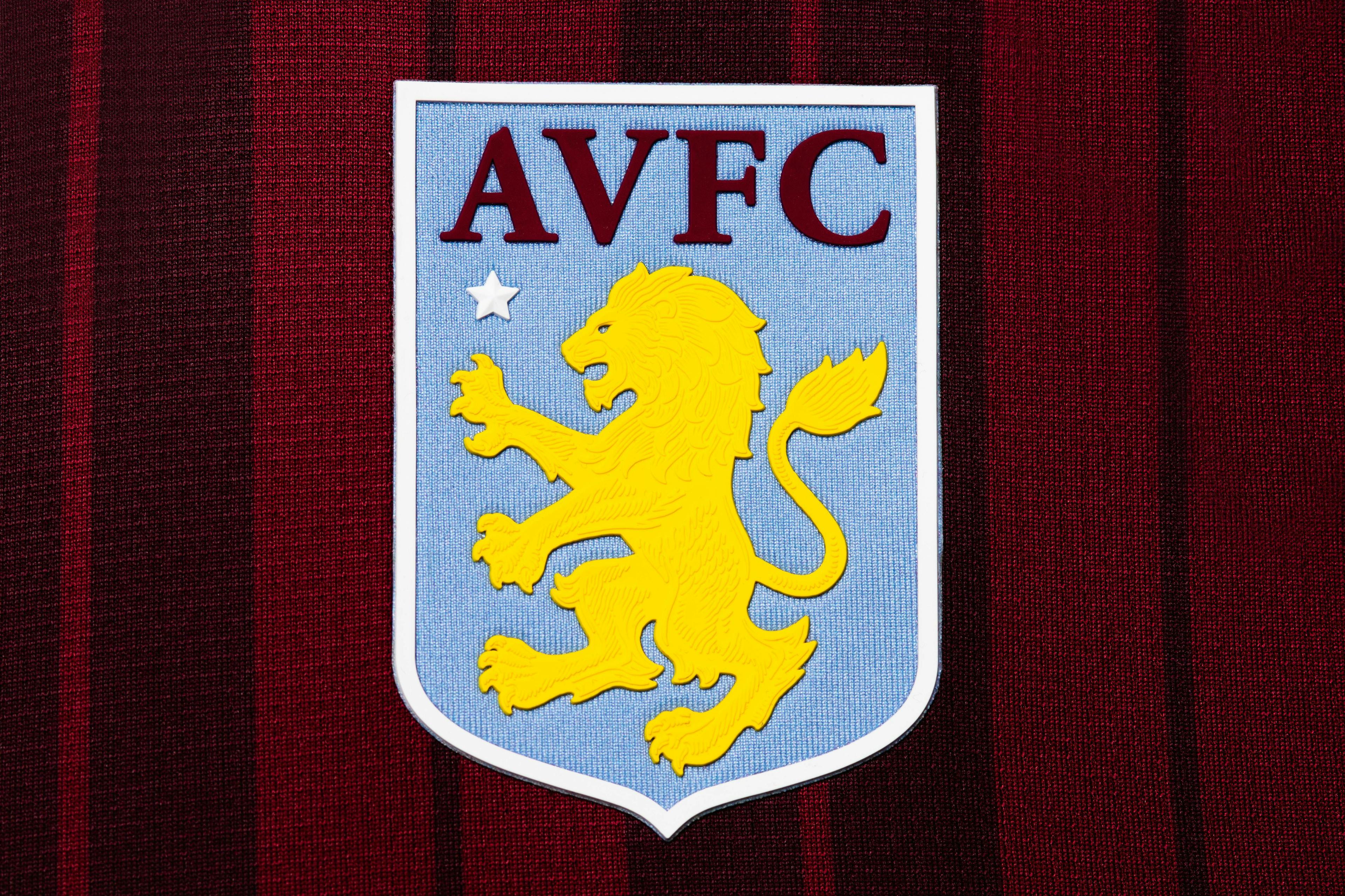
Aston Villa vs Tottenham: 55/1 & 5/1 Bet Builder Tips
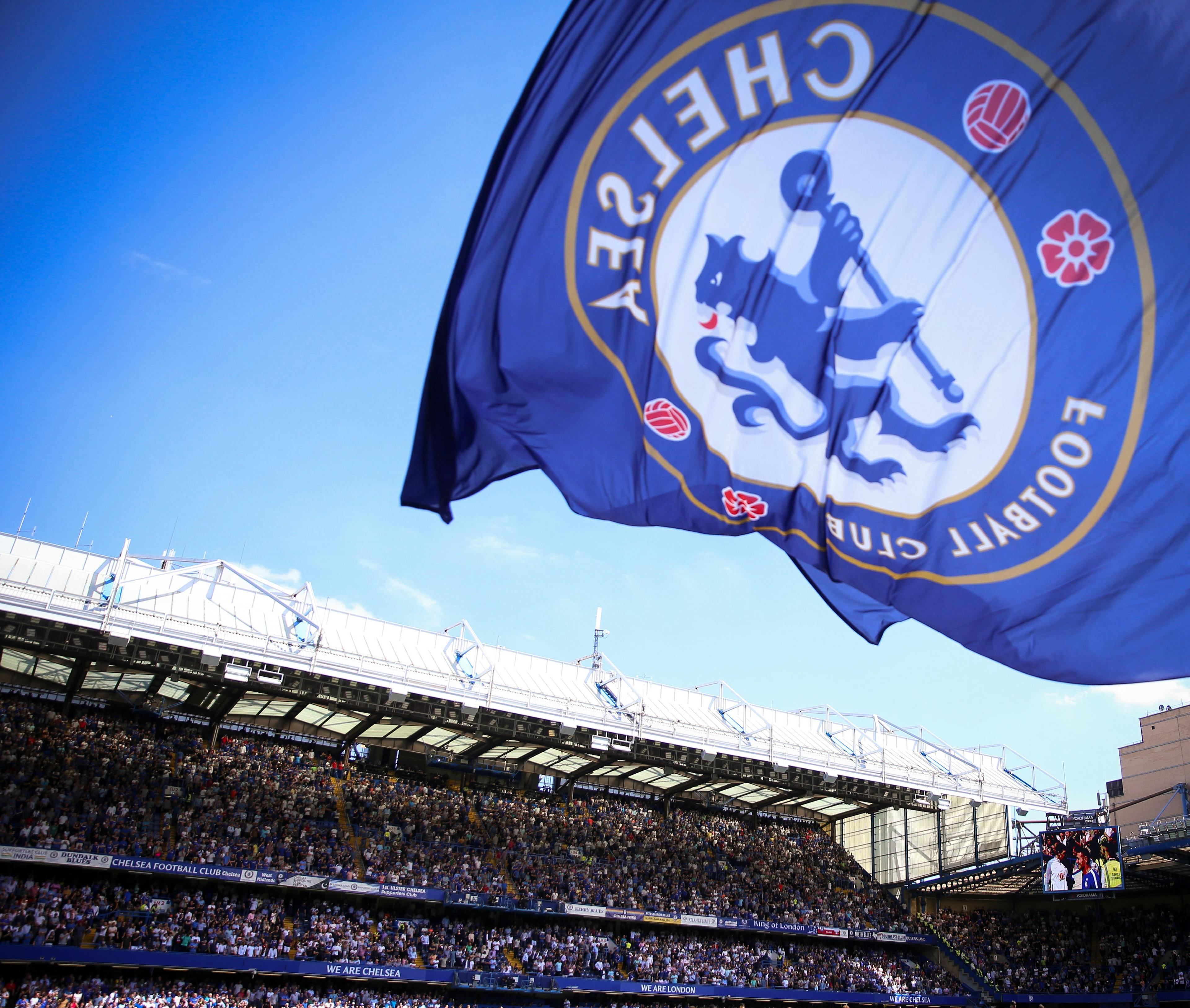
Chelsea vs Man United: 92/1 Mega Bet Builder Tip
